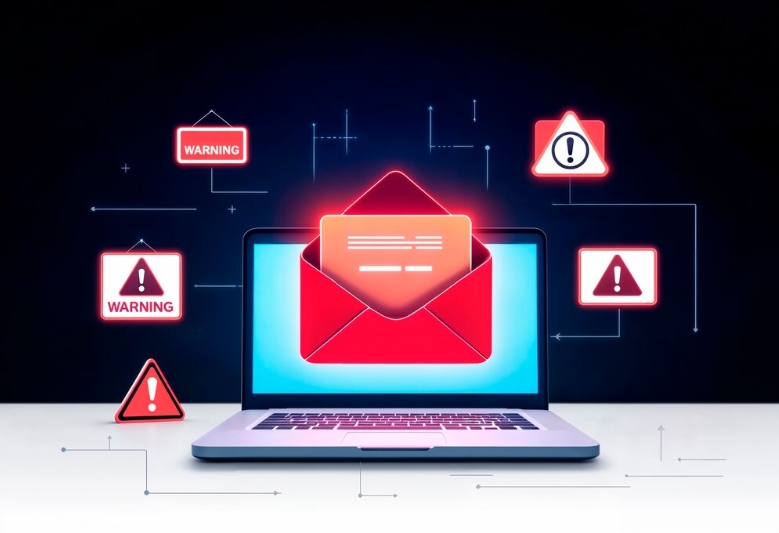Proton Mail Faces India Ban After Allegations of Misuse

India’s Karnataka High Court has ordered the central government to block access to the encrypted email service Proton Mail, citing its alleged role in cyber harassment and the company’s refusal to cooperate with Indian authorities. The ruling followed a petition filed by M Moser Design Associates India.
According to the petition, anonymous users sent obscene, abusive, and AI-generated deepfake content to the company’s female employees using Proton Mail. Justice M Nagaprasanna instructed authorities to act “bearing in mind the observations made in the course of the order,” under Section 69A of the Information Technology Act, 2000, as reported by TechCrunch.
The petitioner argued that while Proton Mail allows users to select India as their location, it misleads them into believing the service operates within the country. In fact, Proton’s servers are located in Switzerland, and the company has reportedly declined to disclose sender information despite a police complaint. It’s also been noted that authorities have not invoked bilateral legal assistance agreements with Switzerland to pursue the matter.
As The New Indian Express reported, the court directed the Ministries of Home Affairs, Electronics and IT, and Communications to “initiate proceedings... to block ProtonMail” and immediately take down the URLs listed in the petition. This marks the second such order against the service in India. In 2024, Tamil Nadu police sought a block after Proton Mail was linked to hoax bomb threats targeting Chennai schools. While the IT Ministry moved to block the platform then, Swiss authorities intervened to prevent it.
TechCrunch noted that the block “has yet to take effect,” and Proton Mail has not commented on the new ruling. Additional Solicitor General Aravind Kamath suggested that Indian courts could issue a letter rogatory to Swiss authorities to formally request user data. Earlier, TechRadar highlighted Proton’s response to previous threats, in which it said that “blocking access to Proton Mail simply prevents law-abiding citizens from communicating securely and does not prevent cybercriminals from sending threats with another email service.”
This development fits into a broader pattern of India scrutinizing encrypted services. Notably, ProtonVPN was among several VPNs removed from app stores in India due to compliance concerns. The outcome of this case may influence how privacy-focused tech platforms are regulated in one of the world’s largest digital markets.



Please, comment on how to improve this article. Your feedback matters!